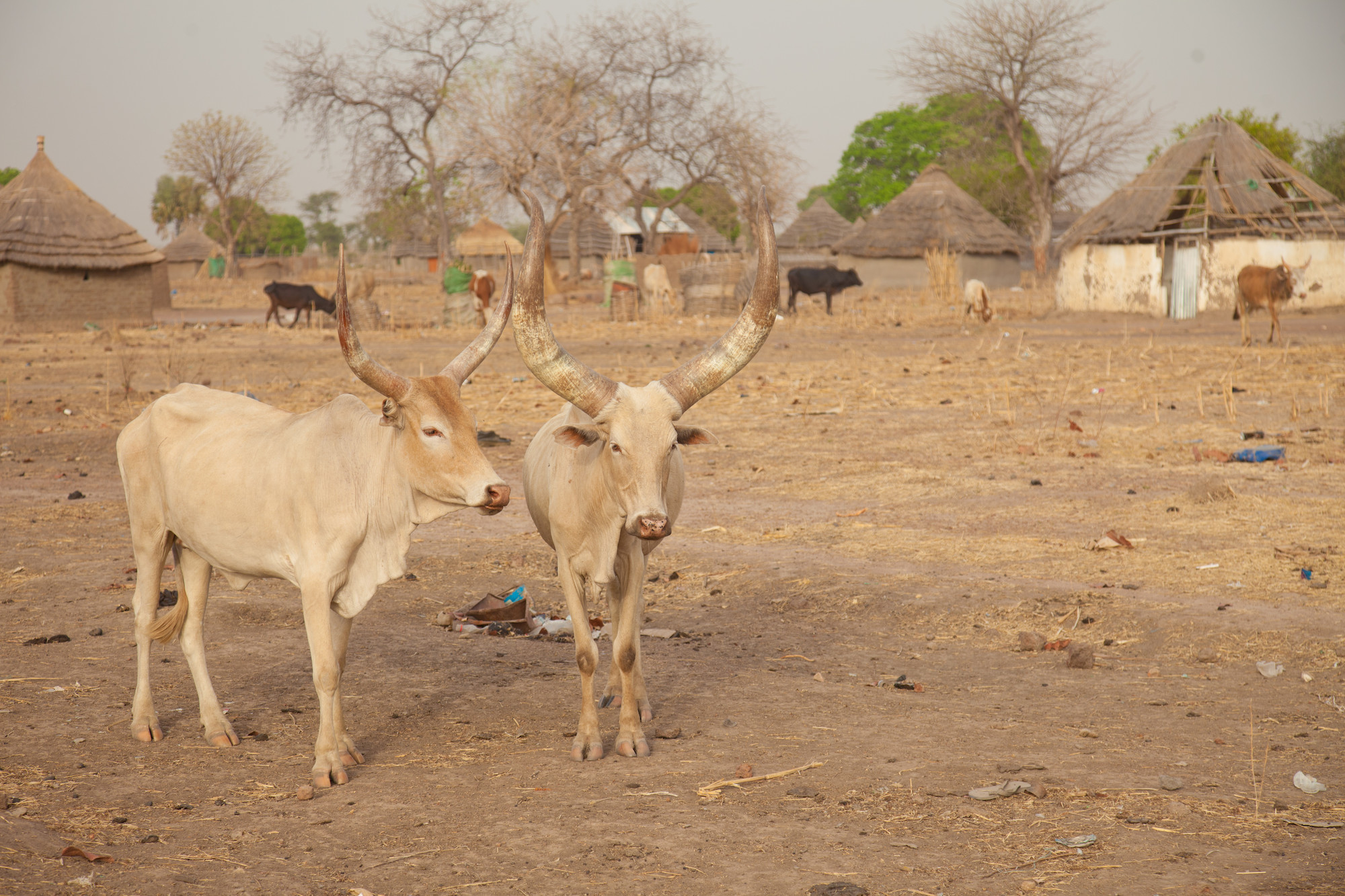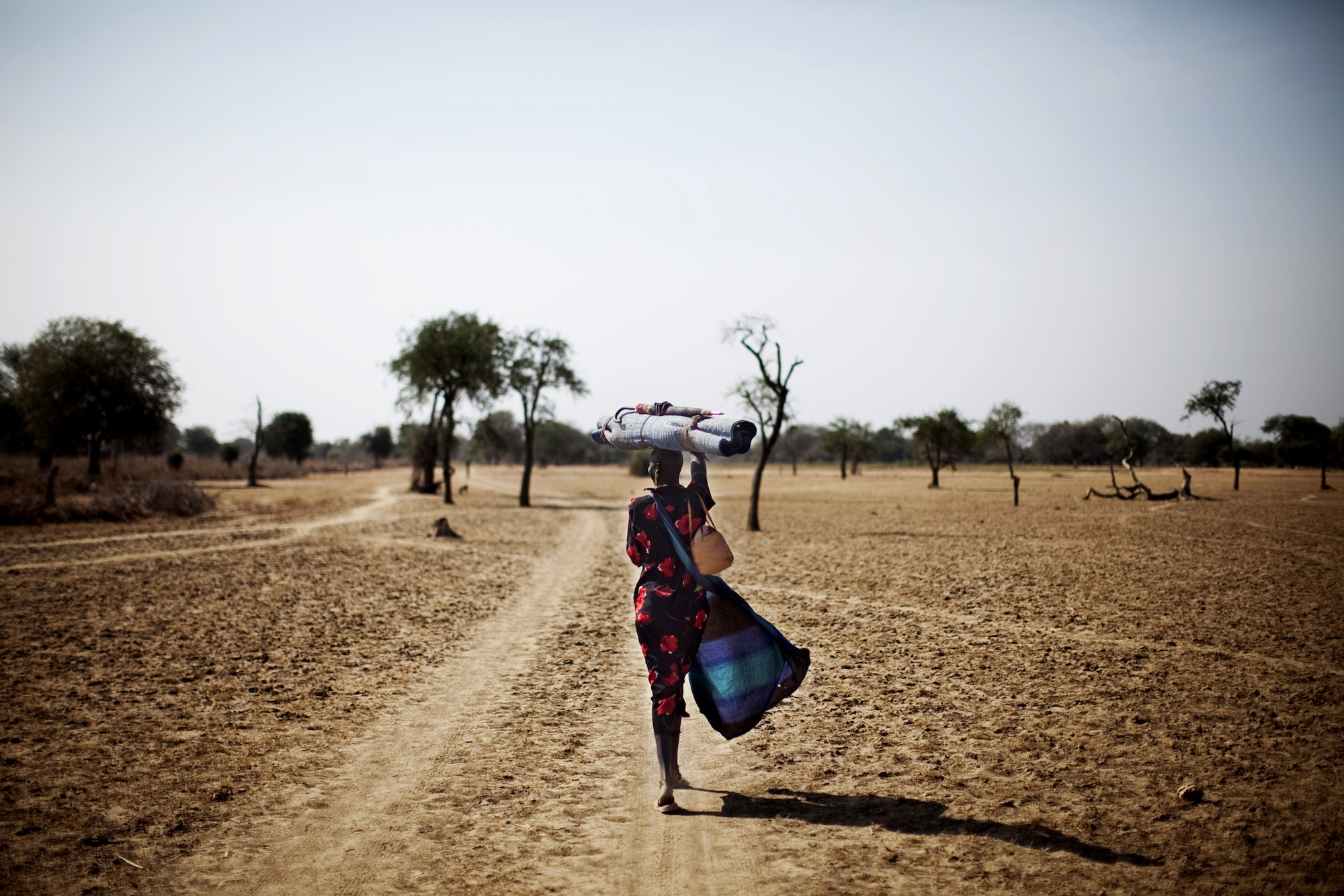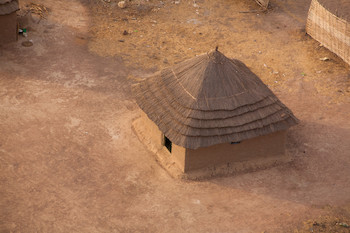This guidance framework is the output of discussions involving representatives from operational aid agencies and groups in South Sudan. The purpose of this guidance framework is: 1. To facilitate more nuanced understanding of organised violence in South Sudan and address potentially misleading use of catch-all terms (e.g. ‘inter-communal violence’ or ‘cattle raiding’) 2. To facilitate more constructive inter-agency dialogue and planning through a more consistent use of key terms used to describe organised violence in…
About CSRF
The Conflict Sensitivity Resource Facility (CSRF), initiated in 2016, supports the use of conflict sensitivity in donor strategies and programmes in South Sudan.
Entries by CSRF
February 2020 saw the formation of the executive of the Revitalised Transitional Government of National Unity (RTGoNU). Since then fighting between the signatories to the Revitalised Agreement on Resolution of the Conflict in South Sudan (RARCSS) has been significantly reduced, as parties broadly respect the ceasefire. However, although the agreement largely brought an end to violence between signatories, South Sudan continues to experience significant levels of organised violence. The scope and intensity of this violence…
This blog highlights the benefits of strengthening coordination between humanitarian, peacebuilding and development actors implementing aid responses in South Sudan, particularly in times of humanitarian crisis such as the COVID-19 pandemic. It was written by Nora Schmidlin from the Analysis and Impact team at swisspeace, with input from CSRF colleagues. The triple nexus is getting a lot of attention, both in global capitals, such as here in Bern, where I am based, as well as…
The population dynamics presented in this paper have serious implications for South Sudan’s human development and political stability. Using census data and UN estimates, this briefing paper highlights South Sudan’s recent demographic patterns and trends, starting in 2008 into 2050. The projections presented are based on an exponential growth regime, and the analysis seeks to provide key insights for the aid community to stimulate their thinking on the nature and level of support likely to…
The extensive flooding in South Sudan in 2020 has led to significant displacement across the country. Over the past few months, there has been a large influx of primarily flood-affected Dinka into the Mangalla area, in the northern part of Juba County, Central Equatoria. While many of these Internally Displaced People (IDPs) were displaced by flooding in Jonglei state, others are arriving from the Shirikat neighbourhood in Juba. The arrival of large numbers of people…
On the 4 September 2020, the Special Representative of the Secretary General (SRSG) in South Sudan announced in a press conference that UNMISS had begun to ‘progressively withdraw its troops and police from the Bor and Wau PoCs’, and to redesignate the sites ‘no longer PoC sites but camps for internally displaced people (IDP) under the jurisdiction of the government’ (UNMISS 4 September 2020). Later on in September UNMISS also removed its troops and police…
This CSRF study explores the disconnect between local, South Sudanese conceptions of accountability and the international, formalised Accountability to Affected Populations (AAP) framework. In South Sudan, ‘accountability’ is based on reciprocity, in which an individual or group provides support to another, in the expectation that the recipient will reciprocate their support at a later date. Aid accountability mechanisms on the other hand, focus on power exercised through hierarchies; recognising, and at times actively seeking to…
Within this blog, Chol Changath, South Sudanese Research Specialist in Livelihoods and Food Security, reflects on the potential impact of COVID-19 on rural community work within South Sudan. Whilst social distancing measures may principally limit food production as farmers and groups within the community cannot gather in close proximity to undertake work, the blog also explores the deeper ramifications of limiting close communal contact and working, including the impact on communal support networks, loss of…
In this blog, Flora Francis Bringi reflects on the social impact of COVID-19 on South Sudanese women and girls. Drawing on her work in the field of Gender with a number of South Sudanese NGOs including her current appointment as Managing Director for Ana Fii Consultancy, Flora highlights some social problems that South Sudanese women and girls face in the wake of the COVID-19 outbreak in South Sudan and shares some insights for the adoption…
This blog reflects on COVID-19 related risks that elderly people face in South Sudan and provides recommendations on how to protect them in more conflict sensitive ways. Unlike many Western countries, where some elderly people reside in care homes or on their own, in South Sudan older people usually live within their family households. As such they are looked after by their children, usually their sons and daughters-in-law, and sometimes daughters. Being with the family…
Some Infos
Lorem ipsum dolor sit amet, consectetuer adipiscing elit. Aenean commodo ligula eget dolor.
Pages
- About Our County Profiles
- Blog
- Case Studies Grid
- Central Equatoria
- Conflict Sensitivity Resource Facility South Sudan
- Contact Us
- Contribute a Repository Article
- County Profile HTML links
- County Profiles
- COVID-19 HUB
- Covid-19 information page
- CSRF About Us
- CSRF Helpdesk
- CSRF Helpdesk Form
- CSRF Login
- Dashboard
- Deliverables
- Demo
- Events
- Forgot password
- Guides, Tools and Checklists
- Helpdesk
- Home
- Latest
- Looker Studio
- Subscribe




